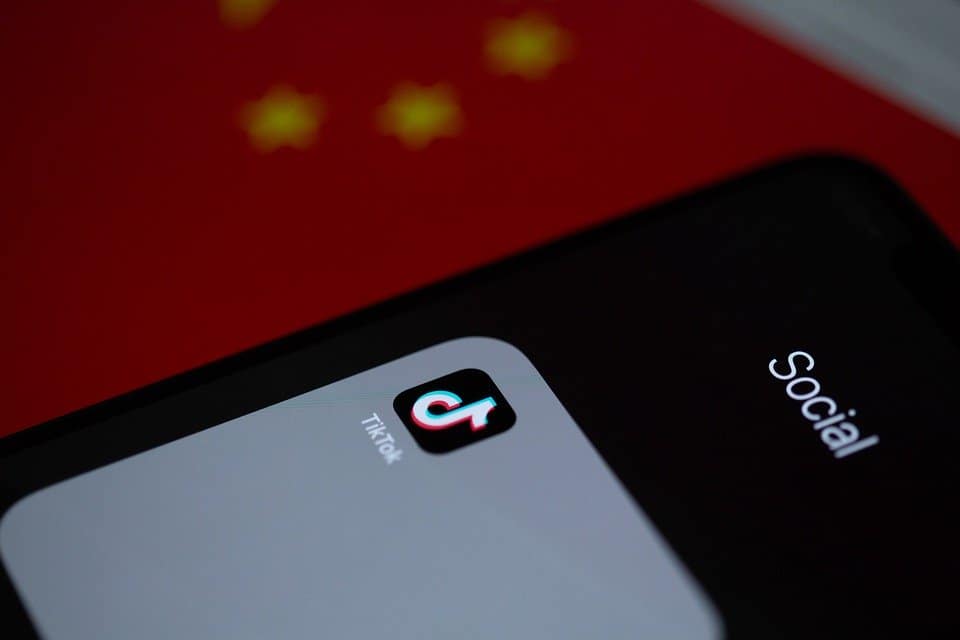A legal battle between two of China’s leading online tech giants has taken a major step forward after a court in Beijing agreed to hear their dispute.
The Beijing Intellectual Property Court (北京知识产权法院) announced on 7 February the launch of its official hearing into the anti-trust dispute between TikTok-owner ByteDance and Chinese social media giant Tencent.
The case is the first anti-trust legal dispute involving Internet platforms to be heard by a Chinese court of law since the release of the “Anti-monopoly Guidelines for the Platform Economic Sphere” (关于平台经济领域的反垄断指南(征求意见稿)) in November, which specifically targets monopoly conduct by online companies.
On 2 February ByteDance filed a lawsuit against Tencent at the Beijing Intellectual Property Court, alleging that Tencent’s restrictions on the sharing of Douyin (the Chinese counterpart to TikTok) content by users of the WeChat and QQ platforms is in breach of China’s Anti-Trust Law.
ByteDance claims that such conduct by Tencent breaches the Anti-Trust Law’s provisions on “monopoly conduct the abuses market allocation positions, and excludes or restricts competition.” It has requested that the court order Tencent to immediately cease such behaviour, as well as provide 90 million yuan in compensation to ByteDance for economic damages.
Tencent’s WeChat and QQ instant messaging platforms have monthly active users of over 1.2 billion and 600 billion respectively. ByteDance said that this has made them “foundational applications” with the largest number of Internet users in China, as well as the highest penetration and usage rates.
According to ByteDance the sharing function of instant messaging services as well as their network effects mean that users cannot migrate en masse. Because there are currently no other operators on the Chinese market that provide services on the same level as WeChat and QQ, ByteDance says that Tencent possesses “market allocation position.”
Tencent said in a statement that it “abides by fair competition and the concepts of open cooperation in providing its services to users and third party products.”
“ByteDance’s accusations are purely fabricated, and are a form of malicious framing,” said Tencent.
Related stories
Alibaba and Tencent Penalised for Breaches of China’s Anti-Trust Law



